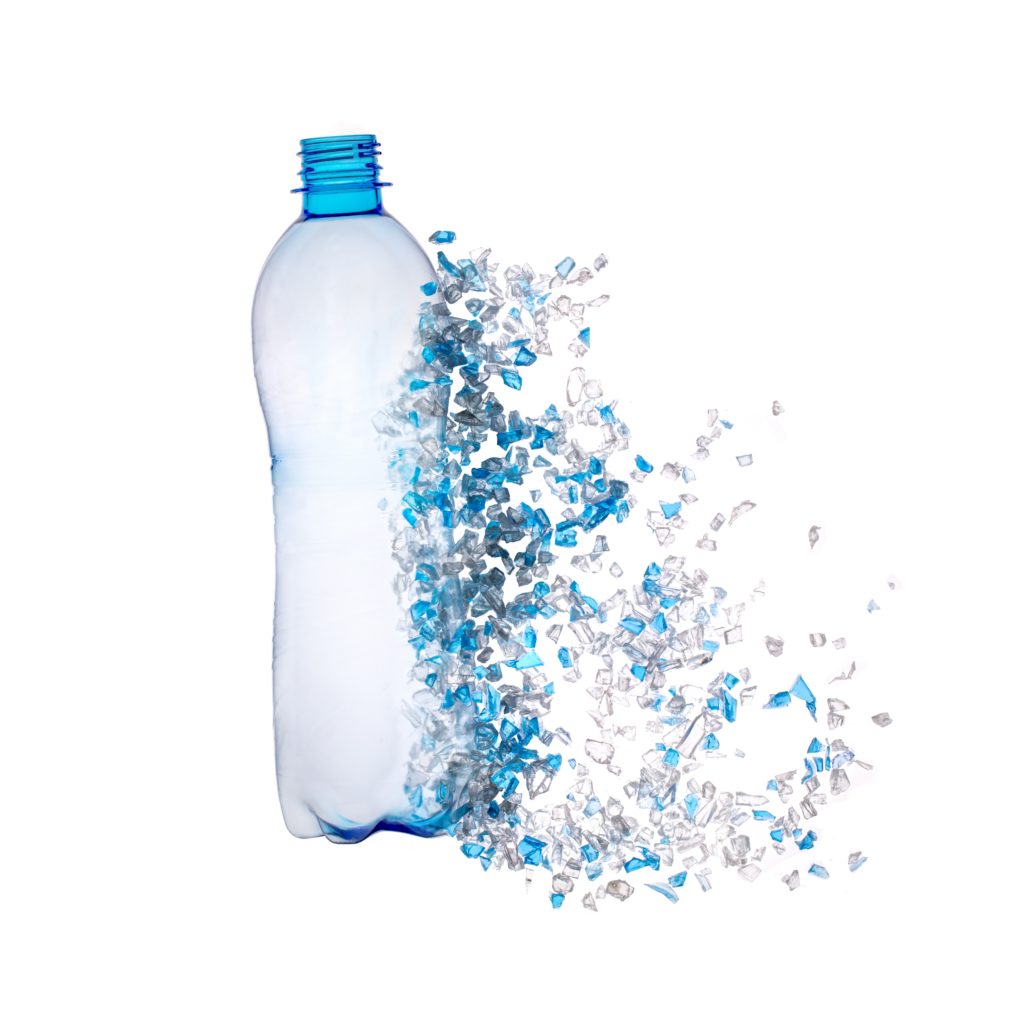Formed through collaborative efforts with BIR national member associations, the paper highlights the “necessity” for market-based policies regarding chemical recycling.
The global federation of recycling industries maintains a clear stance: while mechanical recycling should remain the preferred method on a large scale, chemical recycling should be reserved for hard-to-recycle end-of-life plastics.
Emphasising the need for “stricter regulation”, the BIR asserts that chemical recycling should ensure it complements rather than competes with traditional recycling methods.
In the paper, the BIR advocates for a “harmonised definition for chemical recycling” that excludes fuel production, urging caution in its deployment.
Highlighting the “energy-intensive” nature of chemical recycling processes, the paper draws attention to the potential environmental drawbacks, including greenhouse gas emissions. The BIR underscores the importance of utilising chemical recycling solely for materials that mechanical recycling cannot “efficiently or economically process”.
Moreover, BIR stresses the importance of not allowing chemical recycling to supersede the imperative for design for recycling. It said policies should prioritise the elimination of hard-to-recycle plastics and incentivise the design of plastics for reuse or mechanical recycling, thereby reducing reliance on new resources.
Additionally, the paper warns against the misuse of mass balance accounting principles to fulfil recycled content objectives.
Robust
Arnaud Brunet, director general of BIR, said: “A robust method for calculating the climate impacts of chemical recycling must be developed.
“This should cover all emissions from the process, as well as overall energy usage and incineration of recovered hazardous waste. Furthermore, incentivizing the lower-carbon option of mechanical recycling would enable it to compete with lower-priced primary plastics and make the process more attractive for investment.”
Resource
BIR president, Susie Burrage OBE, said: “I am delighted that BIR dedicates resources to such important topics. I’m also extremely appreciative of the excellent collaboration with our national associations on this. It is vital that we continue to join forces in this way for the benefit of our members.”
To find out more about changes in the sector, visit the National Letsrecycle.com Conference on 6 June at QEII Centre in London. To book tickets to attend or for more information please click here.











Subscribe for free